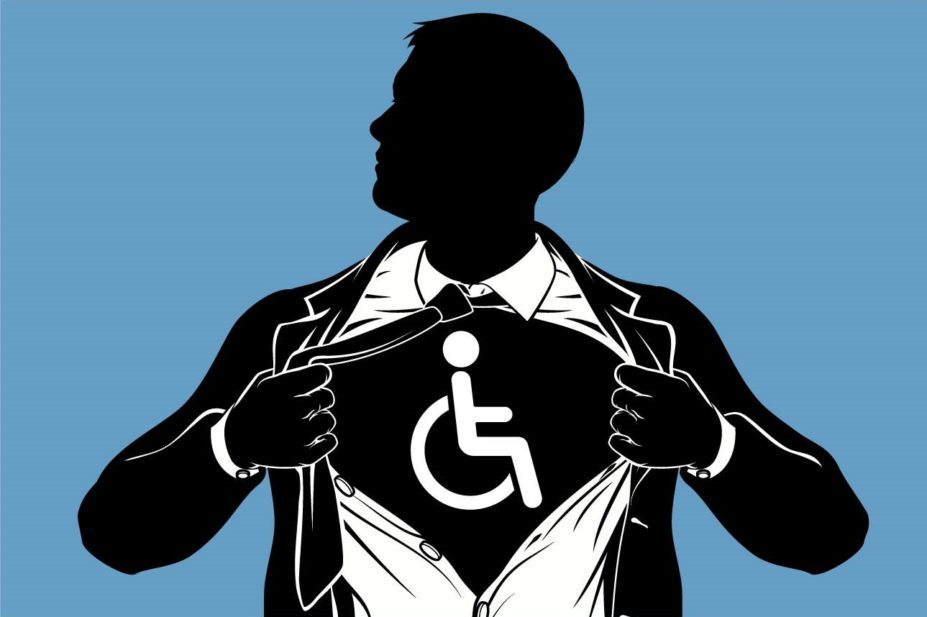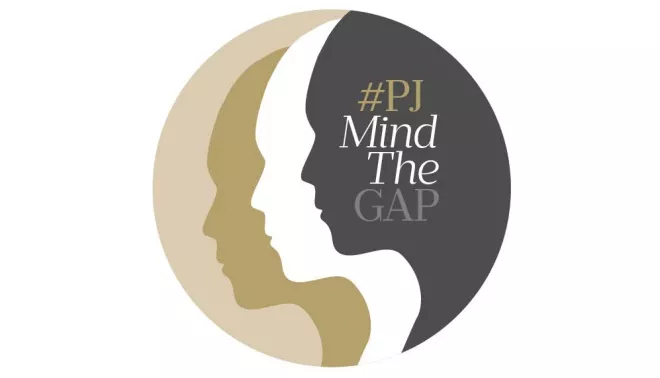
Mclean / Shutterstock.com
“I legally have to offer you a place because of equal opportunities, but I doubt the regulator will register you,” the interviewer said to me, after I had disclosed my disabilities to them during my MPharm entrance interview ten years ago. I was shocked. I was speechless.
Throughout my undergraduate study, their comment hung over me. I felt, at any moment, that someone would walk over to me, tap me on the shoulder and say, “Excuse me, you are not supposed to be here. You need to leave.”
Thankfully, most lecturers were supportive of me. They often gave up their time to mentor me through my many bouts of self-doubt. I also received support from the university’s disability service to remove barriers to achieving my potential, and I graduated with a first-class honours degree.
Once out in the workplace, however, it was a different story. The General Pharmaceutical Council (GPhC) refused my request for a part-time preregistration training placement, which would have allowed me to complete the necessary hours over a longer period of time. I was also told that if I needed adjustments to be made during the preregistration assessment, I could not possibly work safely as a pharmacist. It seemed like a nasty trick to set me up to fail.
Patient safety is paramount, as it should be, but I would argue that failing to allow reasonable adjustments, bullying, and not creating a feeling of belonging are also, ultimately, patient safety issues. It shouldn’t be one versus the other.
Pharmacy seems to be oblivious to the Equality Act and the social model of disability
You can see the profession’s conflicting ideas around disability when you look at community pharmacies with disability access, disabled parking, and seating for patients. This is in stark contrast to the cramped dispensary conditions that pharmacy staff are expected to stand in all day, where taking breaks is frowned upon. I have worked in several pharmacies throughout my career where sitting down, even because of a valid health reason, was seen as lazy.
You may be thinking that mine is just one experience, but out of 839 respondents to a Royal Pharmaceutical Society (RPS) membership survey, 56% thought more should be done to support pharmacists with disabilities — respondents were concerned for disability more than any other of the nine protected characteristics.
I have never had a feeling of belonging while working in pharmacy. I have spent years hiding my disabilities, hiding my sexuality, hiding my true self, and this contributed to a downward spiral of increasing stress and worsening health.
I have been out of paid work for some time now; I have been taking part in patient and public involvement activities at my university, rather than being employed in a traditional pharmacy role.
Even return-to-practise courses designed to help me re-enter the pharmacy workforce are residential and do not allow part-time study. At the RPS’s recent inclusion and diversity event, one attendee suggested employees with disabilities should find employment that is better suited to them, but this is easier said than done. Comments like this illustrate how embedded negative attitudes against pharmacy professionals with a disability have become.
Pharmacy seems to be oblivious to the Equality Act and the social model of disability, which emphasises that rather than the individual with a disability being the problem, it is the environment around them that is disabling. Working environments and attitudes must be changed to accommodate everyone working within a space — the barriers, physical or otherwise, must be removed.
More work needs to be done, but it is heartening to see the GPhC and the RPS beginning to work with the Business Disability Forum to develop policy and culture change initiatives, to remove barriers and make adjustments for registrants with disabilities.
As part of these changes, perhaps the standards for registered premises should insist that pharmacies should be easily accessible for all — staff as well as the public. We must continue to challenge cultural norms and attitudes within our profession so that those with disabilities are not excluded, but, instead, valued and able to contribute their expertise to improve patient care.
The author of this blog is a pharmacy professional, with both hidden and visible disabilities, who wishes to remain anonymous.
You may also be interested in
The importance of diverse clinical imagery within health education

Government should consider ways to prevent ‘inappropriate overseas prescribing’ of hormone drugs, review recommends

